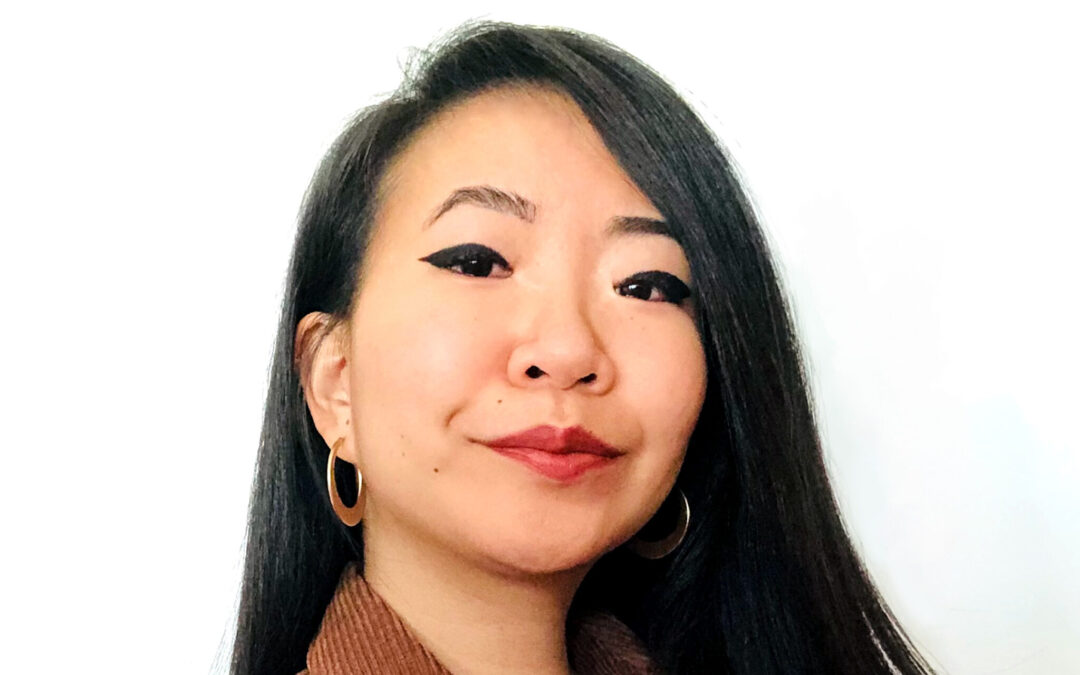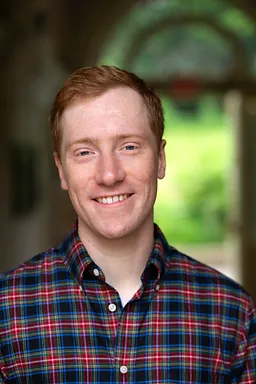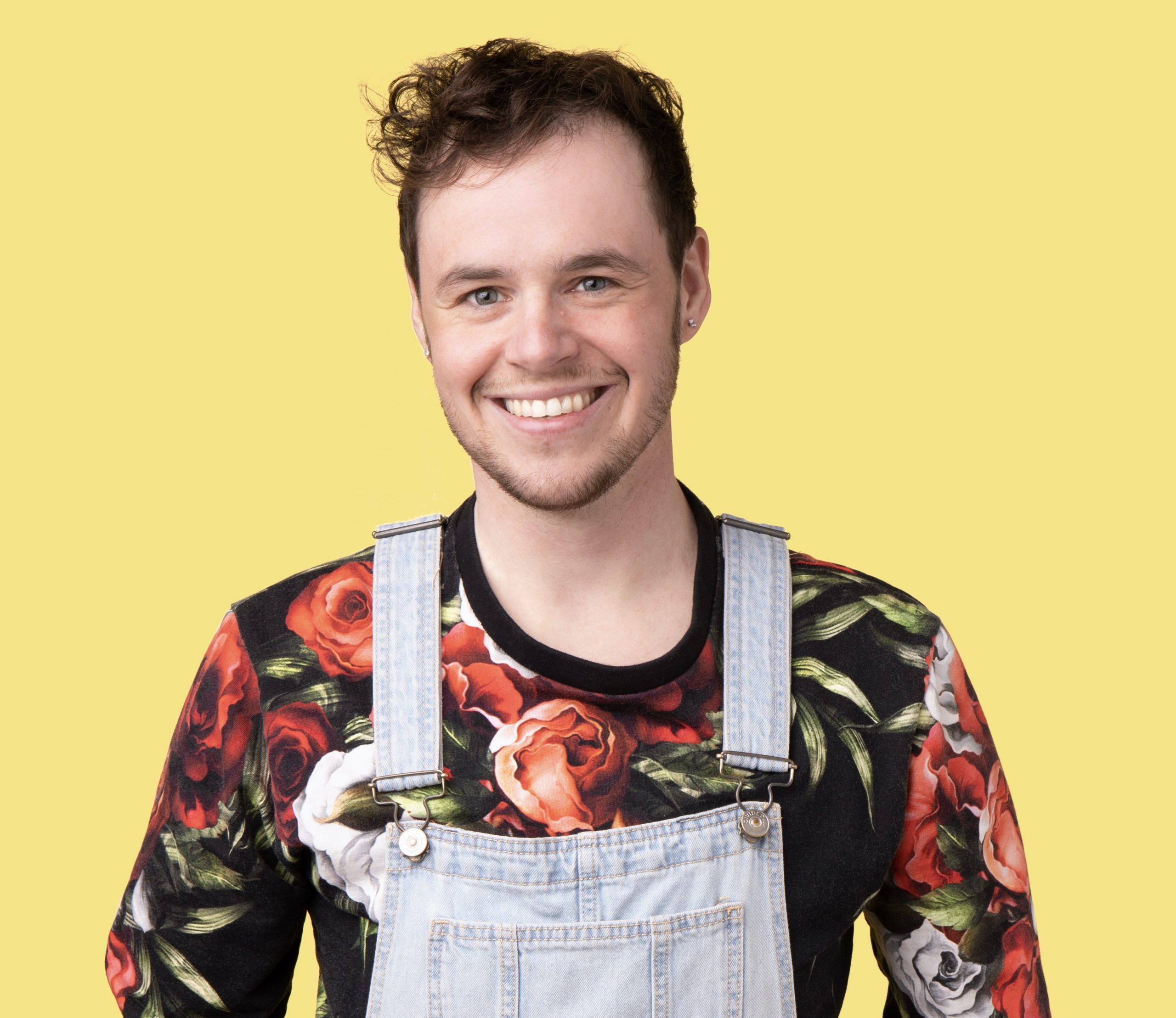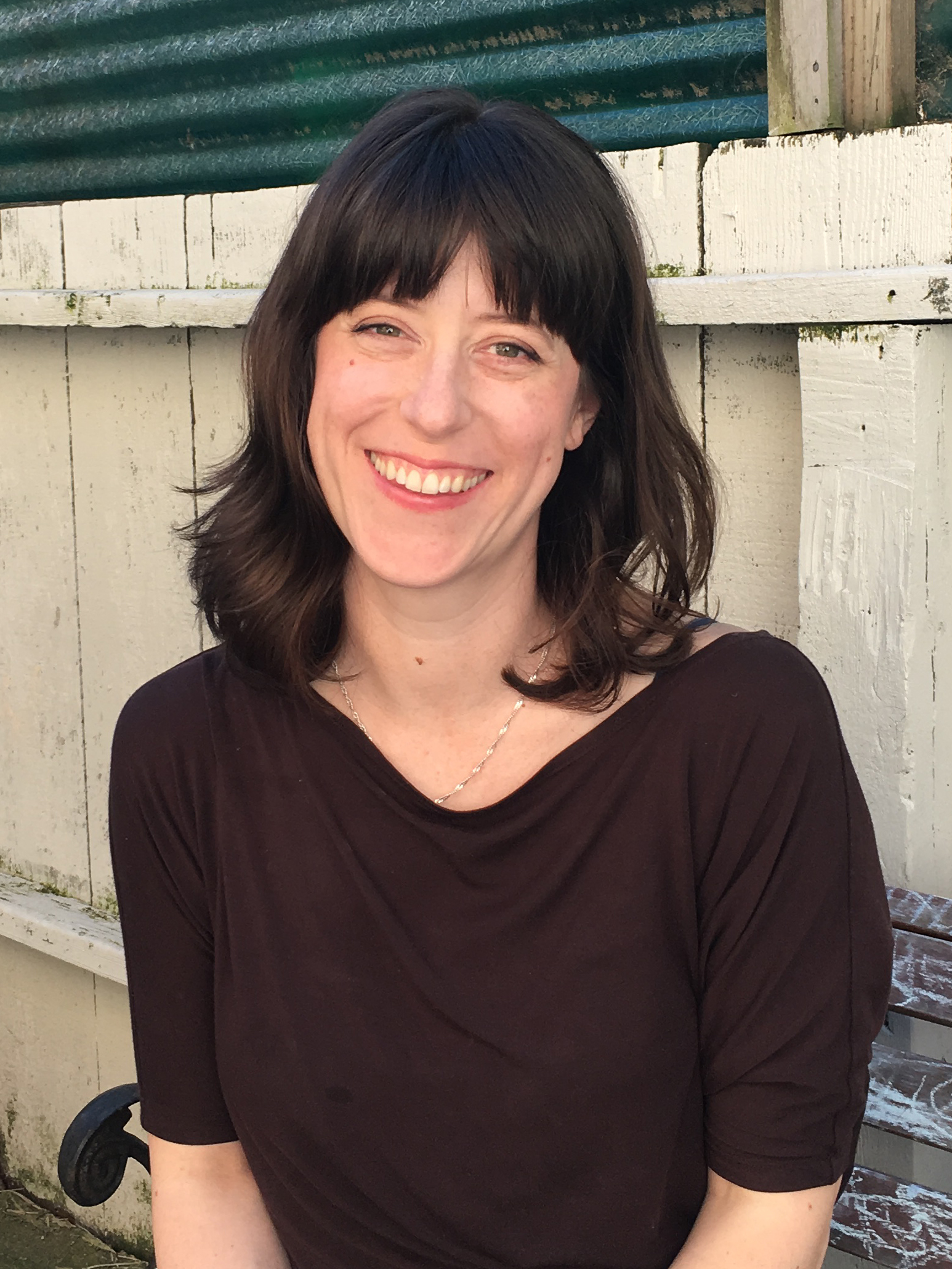
by Michele Kirichanskaya | Mar 19, 2025 | Blog
Arley Nopra is a Filipina-Canadian illustrator and cartoonist who loves wholesome and funny stories with relatable characters. She previously worked as the colorist for the second and third graphic novels for Daytime Emmy Award winning animated series, The Dragon...

by Chris Allo | Apr 20, 2024 | Blog
Greetings All, Chris Allo here with another queer creator spotlight this time with Graphic novelist-Jonah Newman Jonah is a cartoonist and editor. As an editor at Graphix, Scholastic’s graphic novel imprint, he has worked with Dav Pilkey, Jamar Nicholas,...

by Michele Kirichanskaya | Dec 18, 2022 | Blog
Will Betke-Brunswick is a cartoonist and a recent graduate of the California College of the Arts MFA in Comics program. Will’s work has appeared in the new print edition of Trans Bodies, Trans Selves; How to Wait: An Anthology of Transition; and...

by Michele Kirichanskaya | Jun 18, 2021 | Blog
Sophia Glock is a cartoonist who lives and draws in Austin, Texas. She attended the College of William & Mary and the School of Visual Arts. Her work has been featured in the New Yorker, Buzzfeed, and Time Out New York. Her latest book, Passport, is currently...





